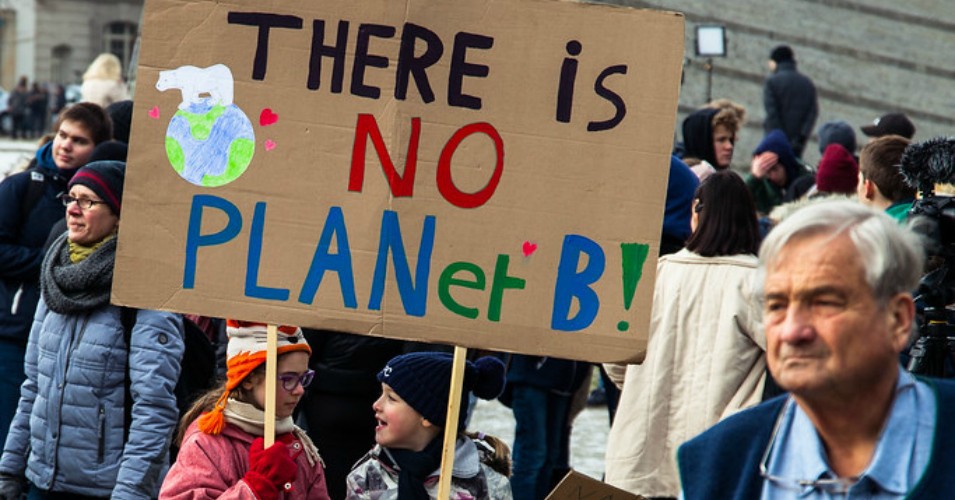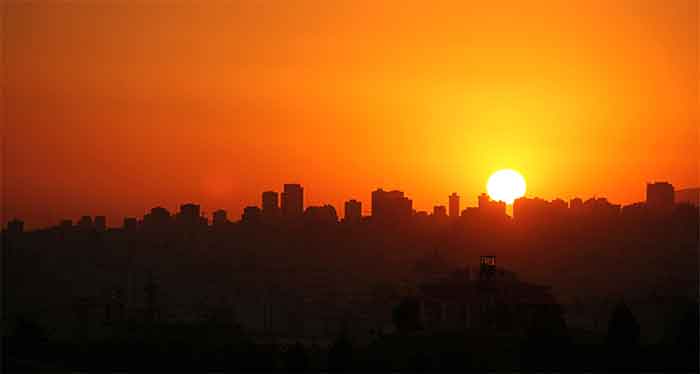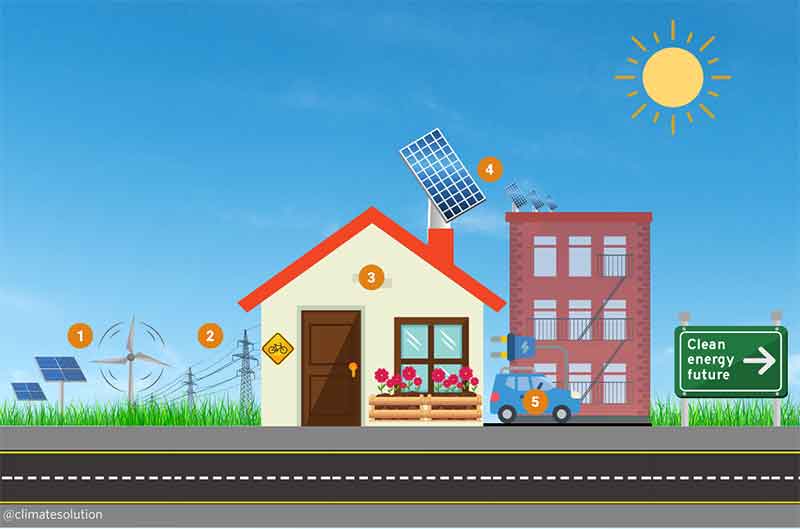
“I always thought that we are the root cause of the pollution and climate change we are experiencing, now more than ever these days”, words of 17-year-old Poonam from Karauli district in Rajasthan. Poonam is one of the girl leaders of Rajasthan Rising, a young movement led by girls who primarily belong to Scheduled Caste, Scheduled Tribe, OBC and minority communities. Rajasthan Rising was borne during Covid 19 as a response to the lack of learning and mobility that girls were experiencing resulting in the risk of being forced into child marriage which was rampant in the State at that time. The movement’s main goal is to stand up against caste and gender-based discrimination and ensure that every girl in Rajasthan has access to an education till the 12th grade.
Poonam said these words in a training that I was facilitating for the young girls and these words have stayed with me ever since. Climate Change, a global political problem and possibly the most important issue, given we are running against time to limit global temperatures to 1.5 degrees and well below 2 degrees, in accordance with the Paris Agreement in 2015. The crux of the climate crisis lies in our social and economic model which is based on extraction, exploitation, domination and deeply rooted in colonisation. While I am no expert on the issue, it still bewilders me that a young girl from a small town in Rajasthan, would think she is the problem.
In fact, it is quite the opposite as emissions from Poonam, her friends and their families are insignificant but unfortunately, they will experience the wrath of the crisis given their social and economic status. They have started experiencing this in several ways, whether it is the unbearable heat which results in losing days at school, falling ill and not having access to basic services during that time. But what is most disheartening is that young girls like Poonam who are leaders and have the ability to build more girl leaders have no idea that their leadership will contribute in getting us out of this mess. Especially when they stand up for their right to education, opportunity and well-being and not just theirs or a few friends but thousands and thousands of young girls.
But the question I am sitting with is, will our activism and top-down positioning of the climate crisis actually let young girls like Poonam take the reins of climate leadership.
And the answer to that looks rather grim!
I am going to try and explain this is in three points below and acknowledging that this list could be longer and it’s an opinion on India alone and not with respect to the Global North or other countries in the Global South.
- Dominant narratives on solutions to the climate crisis are largely around technology and technical fixes, which limits participation of people and the generation of new ideas. The solutions are positioned to be with individuals who understand the science, technology and very top-level policy.
- Climate activism is a niche and a space that is disabled by elitism and our communication has not reached places where new ideas and alternatives could emerge.
- The way we understand the problem and solutions to the climate crisis is primarily defined by men, with no place for intersectional vulnerability, making our plans and programmes unrelatable to a large part of the population who are already impacted by the crisis.
We are a country with diverse identities and ideas, alternatives to the challenges of the climate crisis, which puts us in a unique position. If science is to be believed it is only going to get worse and the heart of the solution lies in listening to those diverse voices and building new leadership and power to implement solutions.
When India announced a complete lockdown due to the Covid 19 pandemic, the education of every child and young person was interrupted, especially those from poorer households and vulnerable communities. The State’s response was to provide online learning so that children can continue their education from home. While this worked for some children who had access to resources, a majority of students especially girls in rural and poorer regions of the country were unable to avail this facility. There were dire consequences to this from young girls forced into marriage, a lack of mobility, access to health services and deteriorating mental health. A few girls in Rajasthan had the opportunity and support to come up with their own solutions to this problem and their solution unlike a policy maker in Delhi and Jaipur, was not to provide access to technology or internet. Instead, it was to collectivize and build a network that not only challenges age old social norms but works with the most powerful in their community to create an enabling environment to pursue an education which will allow girls to travel outside their district to get an education. This process has not only left them with immense learning and real-world skills but developed confident young leaders who are problem solvers. The solutions backed and proposed by a few elites would have enabled a few girls to have access to online learning but limited impact on addressing the underlying cause of the problem, that hinders girls’ education.
Given we don’t have too much time to mitigate and adapt to the climate crisis and ecological breakdown and this is overwhelming. Additionally, we don’t have the luxury to allow a few elitists to play around and provide us with technical solutions to this crisis, which just by the way there is no evidence that it will actually work. We also have to listen much harder than we were earlier, to voices beyond the angry and loudest to the most unfamiliar whispers, to have a fair chance to contribute to solutions by strategically tackling the root cause of the problem
Neha Saigal Works on gender, climate and network building














































